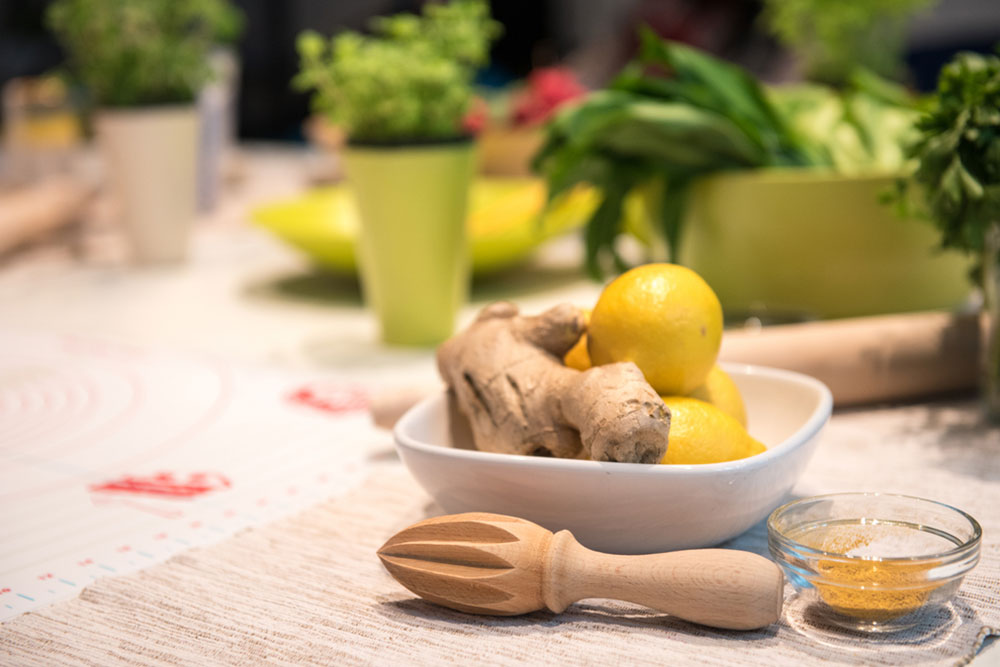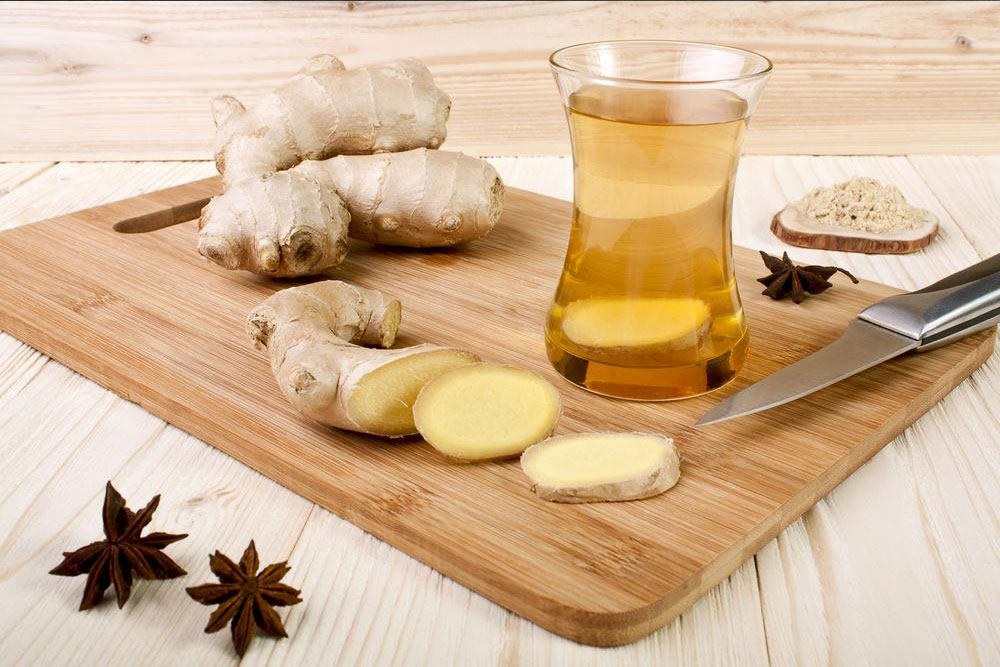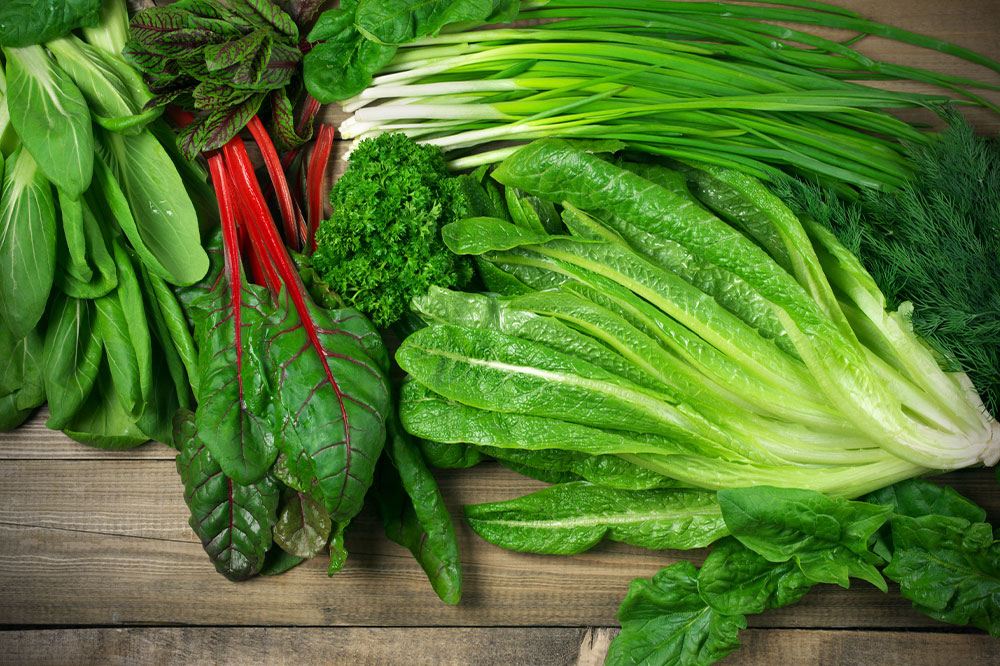Top Natural Approaches to Managing Colitis Symptoms
Explore effective natural treatments for colitis management, including relaxation techniques, dietary changes, probiotics, and traditional Chinese therapies. Consult your healthcare provider before trying these methods to ensure they suit your condition. Combining these with conventional treatments may help reduce symptoms and improve quality of life.

Top Natural Approaches to Managing Colitis Symptoms
Colitis involves inflammation of the inner lining of the large intestine. Common causes include infections, diarrhea, and Crohn’s disease. Symptoms may include abdominal cramps, diarrhea, rectal bleeding, and loss of appetite. Timely treatment is essential as delays can worsen the condition. If you experience these symptoms, consult a healthcare professional promptly to determine the appropriate course of action.
Many individuals are now exploring complementary therapies alongside conventional treatments to alleviate colitis discomfort. While some report benefits, others may find limited relief. Always consult your doctor before adding alternative therapies to your routine to ensure safety and effectiveness.
In recent times, integrating natural remedies with standard medical care has gained popularity among colitis patients. These options may provide additional relief, but individual experiences vary. Consulting your healthcare provider helps determine the best approach for your condition and ensures these therapies complement your existing treatment plan.
If approved by your doctor, consider trying the following natural strategies:
Relaxation Techniques with Guided Imagery
Stress can exacerbate colitis symptoms by increasing cortisol, a stress hormone. Guided imagery involves a therapist guiding you to visualize calming scenes, promoting relaxation. This method can temporarily distract from pain and reduce stress, potentially alleviating symptoms.
Psychotherapy for Stress and Coping
Cognitive behavioral therapy (CBT) helps address negative thoughts linked to pain and stress. It encourages a positive mindset and enhances coping skills. While it may not directly reduce inflammation, CBT improves mental resilience, supporting overall management of colitis when combined with other treatments.
Probiotic Support
Healthy gut bacteria aid digestion and reduce inflammation. Supplementing with probiotics through foods like yogurt, kefir, and fermented products can restore bacterial balance, especially during flare-ups, providing anti-inflammatory benefits.
Acupuncture and Moxibustion
These Chinese therapies target trigger points to relieve pain. Moxibustion, involving burning herbs applied with acupuncture needles, has shown promising results for mild to moderate colitis pain. These approaches also help manage stress levels.
Dietary Adjustments
Incorporate anti-inflammatory foods such as omega-3-rich fish oils, turmeric (curcumin), ginger, and thyme. Increase intake of eggs, nuts, and avocados, while avoiding spicy foods that may trigger discomfort. These dietary strategies support inflammation reduction and digestive health.
These natural therapies are most effective when used alongside prescribed medication. Always discuss any new treatments with your healthcare provider beforehand to ensure safety and appropriateness.
Note:
Our blog provides valuable information across various categories for educational purposes. While research-backed, these insights should not replace professional medical advice. Always consult with your doctor before trying new treatments. The website cannot be responsible for discrepancies or inaccuracies. Additionally, common offers or schemes may vary and could be more beneficial than what is listed here.










